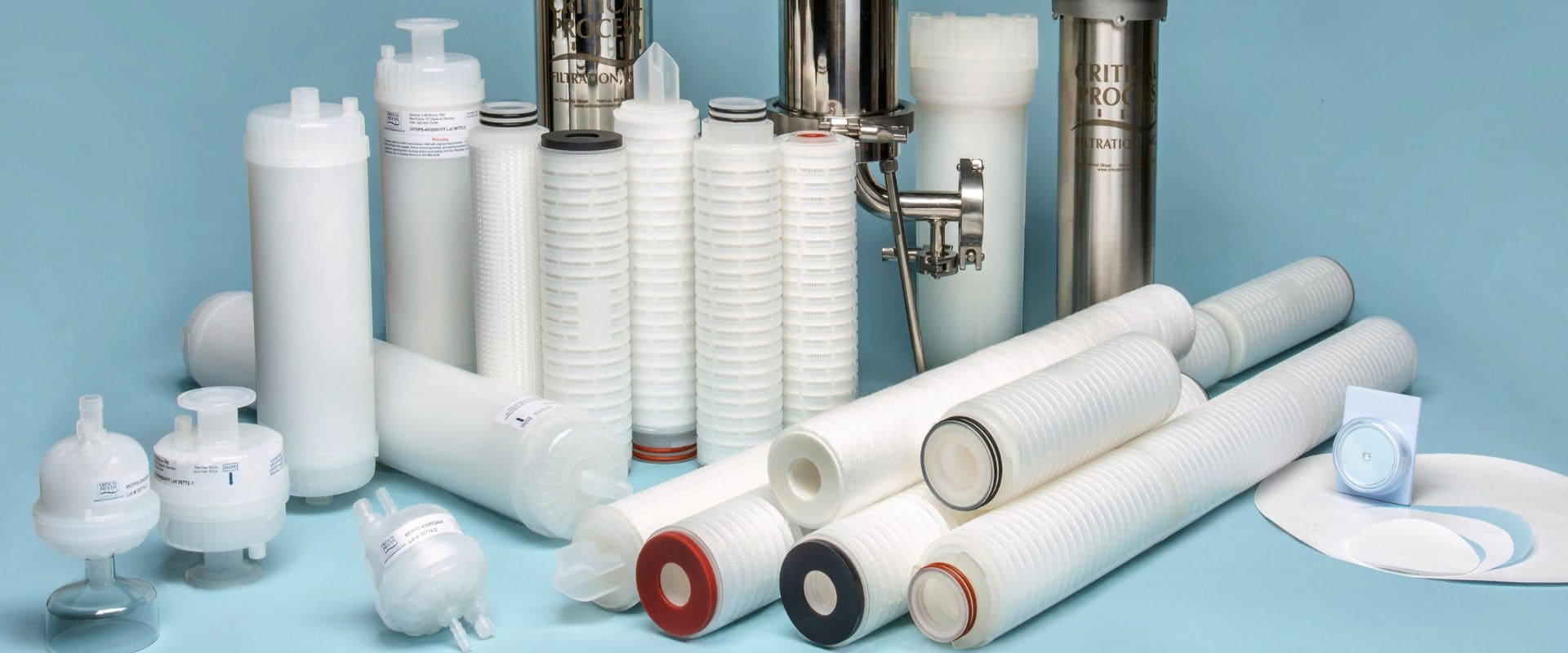Abstract
When choosing a filter for pharmaceutical use, it’s essential to consider key factors to ensure safety and effectiveness.
Blog
When selecting a filter in the pharmaceutical industry, several crucial factors must be taken into consideration to ensure the effectiveness and safety of the filtration process. Here’s a detailed elaboration on each factor:
1. Filter Material Compatibility:
- Filter material compatibility refers to the interaction between the filter material and the product being processed. Different materials may interact differently with the product, potentially leading to adsorption or leaching of substances that could affect product quality or safety. To mitigate risks, thorough compatibility testing should be conducted to identify any potential interactions. By selecting a filter material that is chemically compatible with the product, the risk of adverse effects can be minimized.
2. Pore Size Selection
- Pore size selection is crucial for achieving the desired level of particle retention during filtration. The appropriate pore size should be determined based on factors such as the size distribution of particles in the product, regulatory requirements, and the nature of the product itself. By choosing the correct pore size, contaminants can be effectively removed while allowing essential components of the product to pass through the filter.
3. Validation and Regulatory Considerations:
- Filters used in the pharmaceutical industry must meet strict regulatory requirements and be part of a validated filtration process. It’s essential to source filters from reputable manufacturers that provide comprehensive validation data and regulatory documentation. Adherence to regulatory guidelines, such as those set forth by the FDA or EMA, ensures compliance and guarantees the safety, efficacy, and quality of biopharmaceutical products.
4. Filter Performance Characteristics:
- The performance characteristics of a filter, including flow rate and capacity, significantly impact the filtration process. Flow rate refers to the rate at which the product passes through the filter, and it’s essential to optimize this rate for efficient processing without compromising filtration performance. Capacity refers to the filter’s ability to retain particles over time, ensuring consistent filtration performance. By selecting filters with appropriate flow rates and capacities, process requirements can be met while maintaining product quality.
5. Cost-Effectiveness:
- Evaluating the cost-effectiveness of filters involves considering factors such as the initial cost of the filter, the frequency of filter replacement, and the overall impact on process economics. While high-quality filtration is paramount, it’s also important to balance cost considerations. By weighing the cost of the filter against its performance and durability, biopharmaceutical companies can make informed decisions that maximize process efficiency and profitability while ensuring product integrity.

Industries
Contact Us
801/802 K10 Grand,
Vikram
Sarabhai Campus, Alkapuri,
Vadodara-390007 Gujarat
+91 81403 08833
Sarabhai Campus, Alkapuri,
Vadodara-390007 Gujarat
+91 81403 08833
info@m19.io
Location
Copyright 2024 M19 Labs. All Rights Reserved










